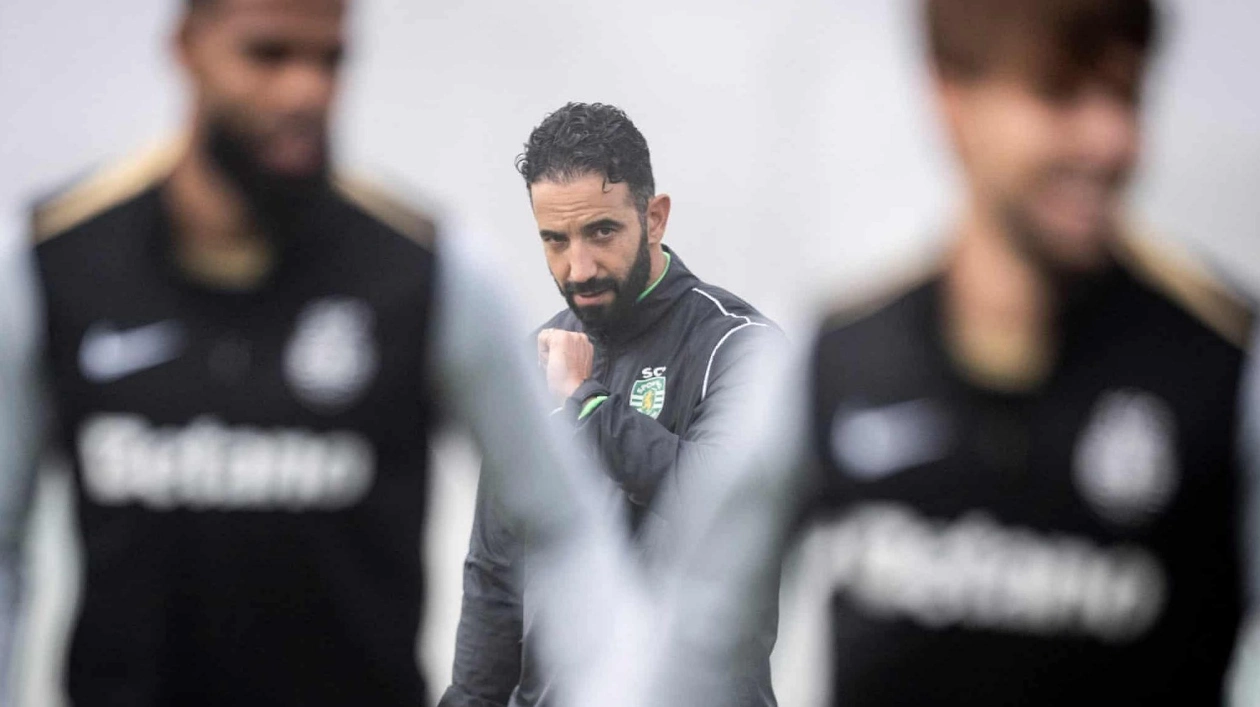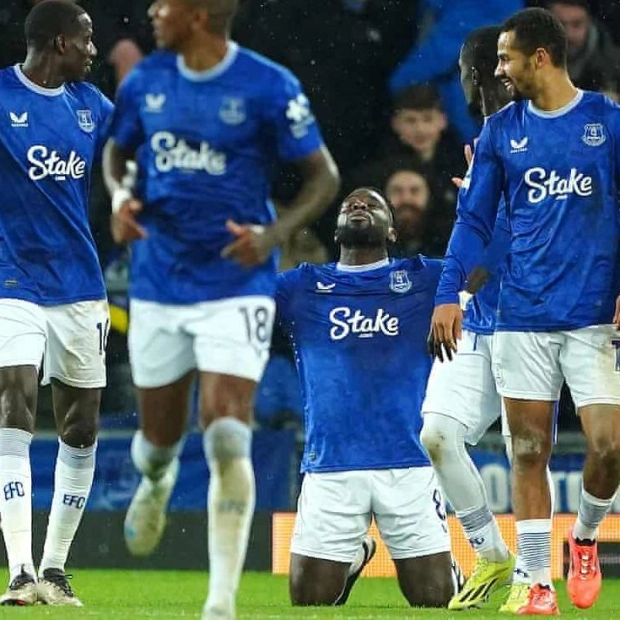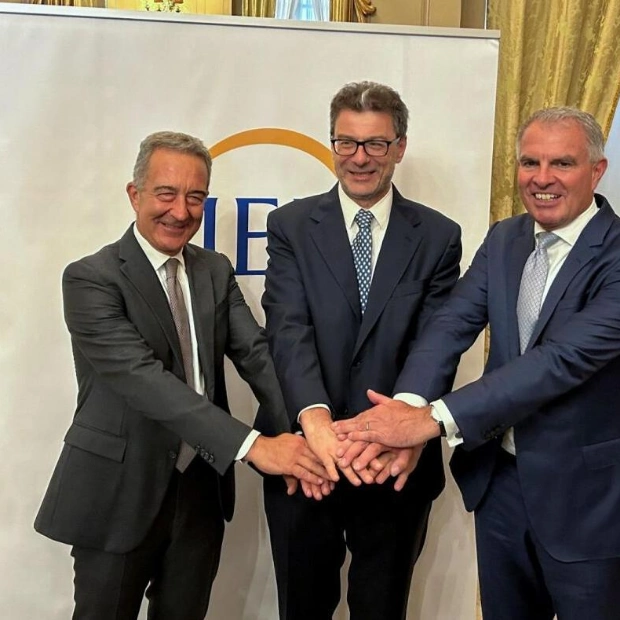Forget the specifics, the noise, and the details. Imagine you're running a major club on a losing streak and need a new manager. Ideally, you'd want someone young, on the rise, with vision, drive, and personality—someone who could potentially lead the club for a decade. At the highest level, most managerial careers are relatively short. The idea of a 'proven winner' is comforting but misleading. Everything is fluid and context-dependent; every career has its arc. Exceptions like Sir Alex Ferguson are rare, but few managers last more than a decade at the peak. Managing is tough, and football constantly evolves. A head coach must keep developing, sometimes at the expense of past successes, to stay ahead, which requires not just insight but extraordinary will and self-belief.
Everyone eventually tends to self-parody. Brian Clough, Arsène Wenger, and José Mourinho all reached a point where they chose the most characteristic solution over the best one. Jürgen Klopp deserves credit for recognizing fatigue and stepping down after nine seasons at Liverpool and seven at Borussia Dortmund. Ideally, you want a manager on the rise, about to blossom, with a decade of greatness ahead. Identifying such a figure is challenging. Chelsea's appointment of Mourinho in 2004 was a rare case of spotting a rising star, but their attempt with André Villas-Boas seven years later failed. There are no certainties.
Manchester United's lack of football knowledge in decision-making over the past 11 years is evident. Until Erik ten Hag, they never tried to identify a rising star in world management. David Moyes was appointed because he seemed similar to Ferguson, but his Everton style didn't fit Old Trafford. Louis van Gaal was experienced but never a long-term option. Mourinho in 2013 might have worked, but by 2016, he was past his peak. Ole Gunnar Solskjær was a short-term fix, and Ralf Rangnick's interim status undermined him. Ten Hag showed great potential, but not all promise is fulfilled.
In Rúben Amorim, United finally have a rising star in European management, drawing interest from Liverpool and Manchester City. He took a third force to the title, similar to Ferguson's rise. As Ten Hag's example shows, having the right profile doesn't guarantee success. United's context—size, expectations, squad incoherence—presents challenges. Ten Hag's first season was promising, but limitations in personnel and player acquisitions led to his downfall. The deeper fear is whether United's environment is too big, too difficult, and too chaotic for most managers.
Source link: https://www.theguardian.com






